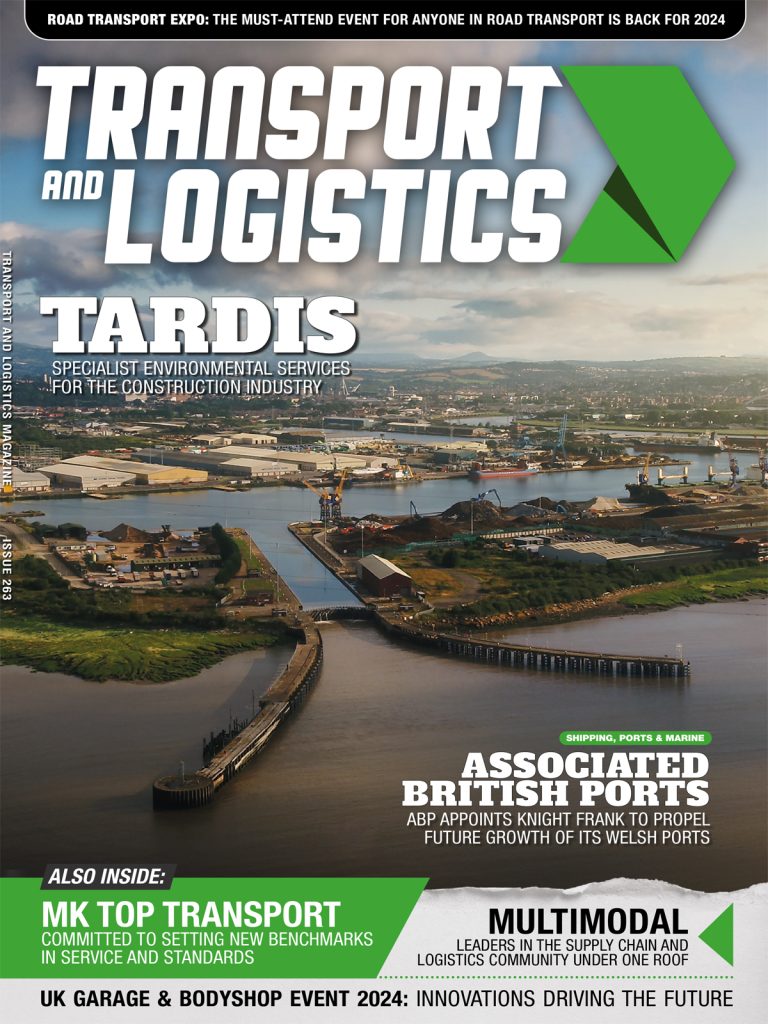The Transfer of Undertakings (Protection of Employment) Regulations 2006, or TUPE Regulations were first introduced in order to protect employees’ rights is the organisation that they work for or the service that they work to provide for an organisation is transferred to a new employer.
However, third party logistics operators are well aware from experience of winning and losing contracts that the TUPE rules can lead to problems. These rules are founded on sound and reasonable principles however in reality they can cause a series of problems for both employers and employees.
According to TUPE, is a third party logistics company wins a new contract, they may inherit workers for the previous logistics company if those workers have been seen to have a part in the group organised to serve that particular contract in the past. This can mean that third party logistics companies could become responsible for a new group of workers’ accrued service and employment rights.
If a company loses a contract, TUPE can have an impact too. It is difficult to show that a specific group of workers are dedicated to one contract or another, therefore is a contract is lost, the workers will not necessarily transfer to the contractor and redundancy payments may be due if they have to be laid off. Even if an employee is eligible for TUPE there is uncertainty in the interim period and this could lead to a lack of engagement.
TUPE rules are expected to be a legislative balancing tool that is in place to protect employees against more unscrupulous companies and also is supposed to offer an important safeguard for workers. However, this is all theory, in reality, there are a wide number of different aspects of these rules that could be said to inhibit or restrict business and competition.














